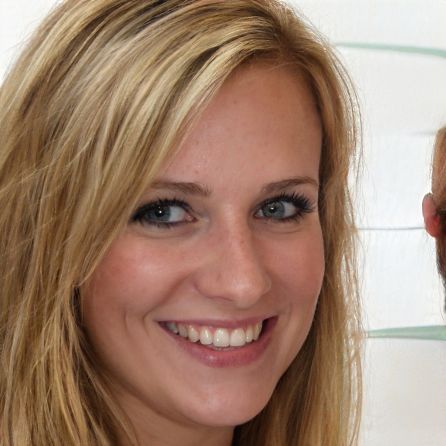Who did the ACEs study?
The foundational ACE Study was conducted by the Centers for Disease Control and Kaiser Permanente in the mid-1990s with a group of patients insured through Kaiser Permanente. The initial study focused on how traumatic childhood events may negatively affect adult health.
One may also ask why is it important to understand aces?
Adverse childhood experiences (ACEs) can have a tremendous impact on future violence victimization and perpetration, and lifelong health and opportunity. CDC works to understand ACEs and prevent them. You can also ask how does aces affect the brain? EFFECTS OF ACES ON THE BRAI. The psychological trauma imposed by ACEs also causes difficulty in regulating behavior, impulse control, and fear responses which is managed by the prefrontal cortex. The brain's of children who experience ACEs also struggle to properly prune the excess neurons that exist in childhood.
One may also ask what is the highest ace score?
0 to 10 People have an ACE score of 0 to 10. Each type of trauma counts as one, no matter how many times it occurs. You can think of an ACE score as a cholesterol score for childhood trauma. For example, people with an ACE score of 4 are twice as likely to be smokers and seven times more likely to be alcoholic. How do ACEs affect learning? ACEs can affect student learning and behavior in the classroom. Children with three or more ACEs are 5x more likely to have attendance issues, 6x times more likely to have behavior problems, and 3x times more likely to experience academic failure.
You can also ask who should be screened for aces?
Parents of primary care patients ages one and older complete the ACE screen on behalf of their child. Patients age 18 years and older complete the screening tool themselves, and are screened only once for ACEs as the questions ask about experiences prior to age 18. Also, what are ace questions? The Adverse Childhood Experience (ACE) Questionnaire is a 10-item self-report measure developed for the ACE study to identify childhood experiences of abuse and neglect.
One may also ask what is the average ace score?
In total, the majority of individuals experienced at least one adverse experience (57.8%). Approximately 42% had an ACE score of 0, followed by 22.9% (1 ACE), 12.8% (2 ACEs), 8.2% (3 ACEs), 5.7% (4 ACEs), 3.8% (5 ACEs), 2.3% (6 ACEs), 1.2% (7 ACEs), and 0.3% (all 8 ACEs; not shown in tables).
Similar articles
- Why did Muslims study astrology?
Some medieval Muslims took a keen interest in the study of astrology, despite the Islamic prohibitions, partly because they considered the stars to be essential, and also because the dwellers of desert-regions often traveled at night, and relied upon knowledge of the constellations for guidance.
- What color helps study?
The Concentratio is green. You probably already know this by looking at a forest or field. The low wavelength colors improve efficiency and focus. Green is an excellent color for improving concentration.
- Where can I study tarot?
Where to study tarot cards in the world? The Tarot Card Success course on Udemy is perfect for someone who is heavily driven by instincts. This course is like a free guide in the world of tarot cards.
- How do Aries study?
- What is the best way to study astrology?
- What does molecular biology study?
- What is the study of evil called?
 Deechristophermagic
Deechristophermagic
